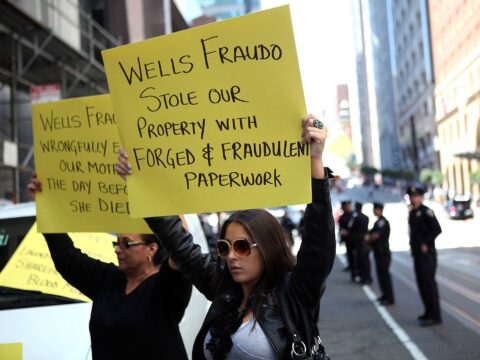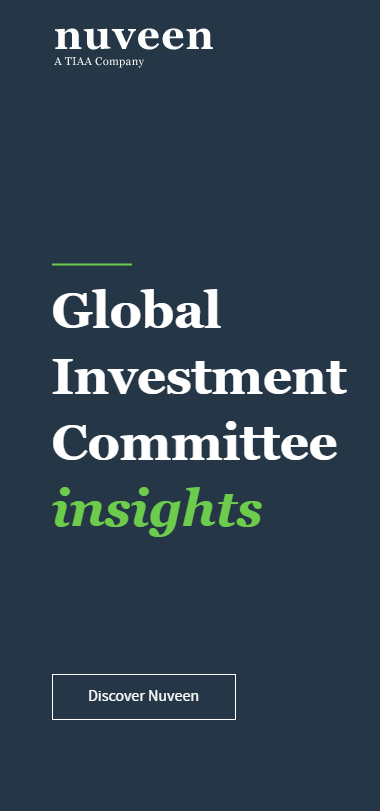
July 26, 2019 – In a report issued this week, Citigroup analysts said about $2.9 trillion of currently outstanding municipal bonds could be classified as (Environment, Social and Governance) ESG-friendly.
Despite the investment community’s general acceptance that much of the U.S. municipal market serves a public purpose, U.S. issuance as a whole (both muni and corporate) has trailed Europe and even Asia.
Globally, private sector issuance of ESG bonds has outstripped public sector, led by financial institutions, non-financial corporations and non-governmental special purpose entities.
Citigroup characterized the muted activity in the U.S. (generally) and municipal market (specifically) as a case of “chicken-and-egg”, with investor demand not increasing due to a dearth of supply.
Background of the United Nation’s 17 Sustainable Developmental Goals (SDGs)
In 2015, the UN General Assembly formally adopted the agenda for sustainable development, which includes 17 Sustainable Developmental Goals (SDGs) to end poverty, fight injustice and inequality, and tackle climate change by 2030.
ESG (Environmental, Social and Governance) investments are similar in some respects and generally focus on three pillars in measuring the sustainability and social impact.
Environmental criteria (E) are often dominated by the threat of climate change and the depletion of natural resources. Investors may factor sustainability issues into their investment choices which may include an issuer’s policy for energy use, waste management, pollution control, or conservation of natural resources. Social criteria (S) look at issuers’ overall impact on people. For instance, the issuer’s approach and policies on issues such as human rights, customer and employee welfare and health, and privacy and security. Governance criteria (G) consider an issuer’s governance arrangements, accounting methods (transparency and accuracy), its record on bribery, corruption and antitrust violations, its board composition and diversity, etc.
Citigroup believes U.S. municipal bonds, if properly structured, can conform to the U.N.’s SDG framework without too much difficulty, saying:
“The US municipal market embodies ESG philosophies and by our calculations, about 76% of US municipals ($2.9 trillion) are likely to be ESG-aligned (although more work will be needed to establish this for individual investors). Firstly, this market is likely to offer many pure-green or environmentally friendly projects (E). Secondly, it acts as the cornerstone for rebuilding the fabric of US economy (supportive of the United Nations’ Sustainable Development Goals, or SDGs, but also some S themes); this includes the physical fabric via investments in roads, bridges, waterways, energy utilities, etc., as well as the social fabric via investments in hospitals, schools, universities, affordable housing, etc. Finally, we think many municipal issuers employ good governance practices (G).”
Why Hasn’t the Muni ESG Sector Grown?
Issuers have thus far not participated in the ESG in a material fashion. Issuance has been limited to Green Bonds, with large issuers including San Francisco Public Utilities Commission, Los Angeles MTA and the City/County of San Francisco. The primary use of proceeds has been for low carbon transportation, water infrastructure and low carbon housing.
Due to the dearth of muni paper officially marketed as ESG-aligned or “green”, funds have been constrained from following an ESG-only mandate. Based on Citigroup’s survey, only 45 fixed income funds in the U.S. (and only 2 out of the 45) have an ESG-focused mandate. Given the limited “dry powder” of the ESG/muni-focused funds and strength of current investor demand, issuers have thus far not been motivated to sell ESG paper.
Additionally, on the issuer side, there are severe operating obstacles that impede supply, including a lack of industry standard, the lack of regulatory/federal government pressure and the imposition of additional costs on municipalities in the form of ESG compliance/audits and certification by entities like the Climate Bonds Initiative (CBI).
Despite the current inertia, Citigroup analysts believe that the current strength in demand for municipal paper cannot sustain forever, and opening the industry to ESG investors is an important step to expand the buyer base, including to foreign buyers, stating the following:
In order for municipal issuers to attract demand from foreign as well as corporate buyers, they need to offer other incentives if they cannot offer higher yields. It is our understanding that many corporate buyers, foreign as well as domestic, have ESG investment mandates. And, they would be willing to invest in paper with slightly lower yields as long as it meets the criteria for socially-conscious debt. Yes, we argue that most municipals are likely to be appealing for ESG investors, but a certification by a credible agency such as the CBI will make it easier for investors to target municipal bonds.
Contact Karen Bigelow at KBigelow@buymuni.com.



